The writer talks about LFF opening night film 360 and his upcoming Formula 1 project Rush.
Peter Morgan, the award-winning British screenwriter of The Queen, The Last King of Scotland and Frost/Nixon (adapted from his own play), is currently living in Vienna. He says the city inspired his original screenplay for 360, which opens the BFI London Film Festival tonight. Fernando Meirelles directs the story, starring Rachel Weisz, Jude Law and Anthony Hopkins, of relationships across the globe.
Vienna also inspired Morgan’s next film, Rush, which centres on Austrian Formula 1 driver Niki Lauda and his rivalry with British driver James Hunt. Ron Howard will direct.
How did this screenplay for 360 start in your mind?
I moved my family to Vienna, we’re here for a limited amount of time. I really consciously wanted to let the environment around me influence me. I didn’t want to spend my time as an exile, writing for Anglo-Saxon culture while being in Central Europe. I thought, ‘Now that I’m here, let’s see where this leads me, let me open my eyes and my ears to what’s around me.’ Out of that, came this.
The film I’m writing about Niki Lauda came entirely out of being in Vienna and wanting to write about Vienna. I’m also going to do a TV show about OPEC [the petroleum consortium], which has its headquarters here in Vienna.
While I’m here I’m going to let this place influence me and hope that the ideas travel. Some will and some won’t.
Why did you want to tell a story that’s global?
On the one hand it sort of reflects the way I live. Professionally, I’m Vienna, New York, London, Los Angeles, therefore I am somebody floating through airports hearing different languages wherever I go. On a deeper level, I was conscious while I was writing it of this spread of contagion. There were two-fold contagions going on while I was writing it. The first was the spread of swine flu which was a genuine bacterial contagion. But there was also banking contagion, and the domino effect and the way in which cultures are interlinked. The actions of one culture affect another…Obama is in the White House quaking because of a Greek debt default, that seems like an extraordinary modern phenomenon.
I felt so excited about how modern it felt, to be a film in so many languages but also to be a film that told a story in metaphor about what is paralysing us at the moment, which is individual responsibility within a collective consciousness. What you do has an effect on someone else.
Of course I wasn’t going to write it as a domino effect series of narratives about banking. I wanted it to be about love, that’s what we all connect to.
What was it like working with Fernando Meirelles?
It was a delightful collaboration. He would make one more interesting choice after another, being quite bold. And he got fantastic performances out of the actors. And he was really excited to find as many unknowns as we had.
He’s very inclusive and very open. As a writer, that’s the way your favourite directors are. He’s respectful of the text, but with someone like that you’re always open and excited to change it too. The experience of making the film was heavenly.
I think films tend to be life-enhancing or life-shortening, dealing with the processes behind films. And this was a life-lengthening experience. It’s a tender, hopeful and delicate film.
Do you prefer the freedom of writing fictional characters as in 360 and in Hereafter, rather than basing them on real life?
I don’t have a preference. I’m doing quite a lot of fiction work in TV at the moment. I had got to the point where I was craving fiction, and I will soon come to point where I crave fact again. It’s the same as the mediums — I enjoy my work in TV, theatre, and film absolutely equally. I couldn’t bear to live with one of those options taken away from me.
In many ways you need to develop the fiction muscles to be able to do the fact better. There is a lot of fiction in my fact-based films and a lot of fact in my fiction films.
How is the script coming along for Rush?
I’ve done the majority of the heavy lifting. With Ron [Howard], he is Fernando to the Nth degree in terms of wanting the involvement of the writer, I’d expect my involvement on that film to continue for many months.
Are you a Formula 1 fan?
Not at all. I’m a Niki Lauda fan. I wasn’t a Watergate junkie before I wrote Frost/Nixon. That felt to me was an unbelievably unique combination of character elements. It’s the same with Hunt and Lauda. The contrasts in them are so riveting, and the way in which they approach life and risk and love and self-image are so different. It’s about men and self image and beauty. I was interested in Blair and Brown because of their characters, the fact that they happened to be politicians was secondary. It’s the same with this. It’s Hunt and Lauda as human beings that have interested me.
What research did you do?
I know Niki quite well now. We became friendly when I moved to Vienna. No one had ever written about him. In Austria he’s something of an icon, so maybe it took an outsider like me to want to go in a slightly pierce that. He’s a deeply unvain man, he’s incredibly solicitous and encouraging of quite rigorous criticism. He’s one of those people who would commission a portrait artist and tell them not to beautify. He’s been a willing conspirator in painting a very complex picture of his personality.
His rivalry with Hunt in 1976 had so much to offer. I thought, I can’t believe this hasn’t’ been done before. Then the interviews process just got richer and richer.
I’m really looking forward to it and Ron’s really up for this being as brutal and as visceral as it actually was. It’s highwire walking without a net, Formula 1 in the ’70s.



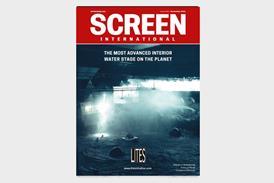
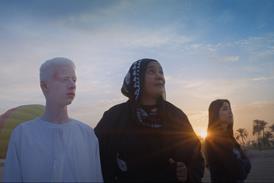

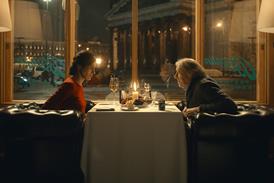
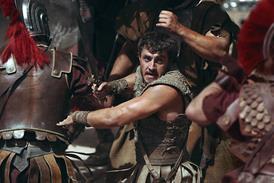




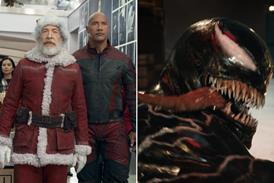

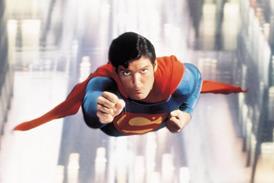
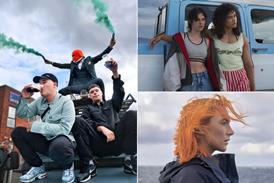
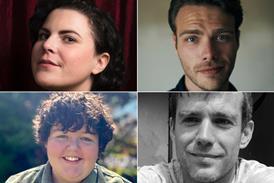




No comments yet